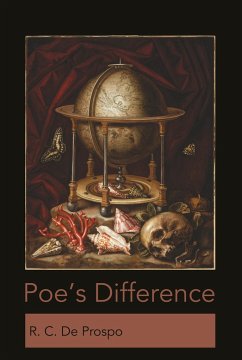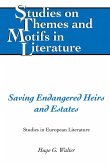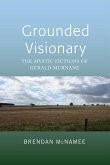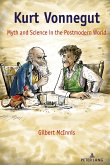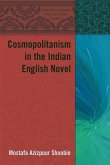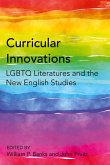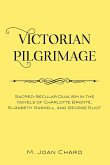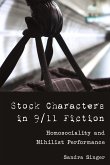Poe's Difference argues that Edgar Allan Poe has much more in common with early American, medieval, and ancient writers than with the modern and post-modern ones with whom the writer is so often associated. This book emphasizes Poe's anachronisms to make a number of theoretical, pedagogical, literary historical, and political claims about the backwardness of antebellum U.S. culture. Some time ago Michael Colacurcio issued the challenge that "the full case for the Puritan character of Poe's 'horror' remains to be made." Although going back a good deal further than just to the "Puritans," Poe's Difference aspires fully to make precisely this case.
"A dedicated and theme-breaking critic of Poe's works, R. C. De Prospo challenges Poe's placement in a multitude of received literary categories: for example, his reputation as a romantic writer (and a derivative one at that) or a prophetic modernist and/or even post-modernist. And was he more 'American' than many canonically influential Americanist critics have alleged and thus less in line with his 'international' supporters as formerly supposed? De Prospo's work galvanizes these and other otherwise familiar Poesque topics." -Louis A. Renza, Emeritus Professor of English, Dartmouth College

